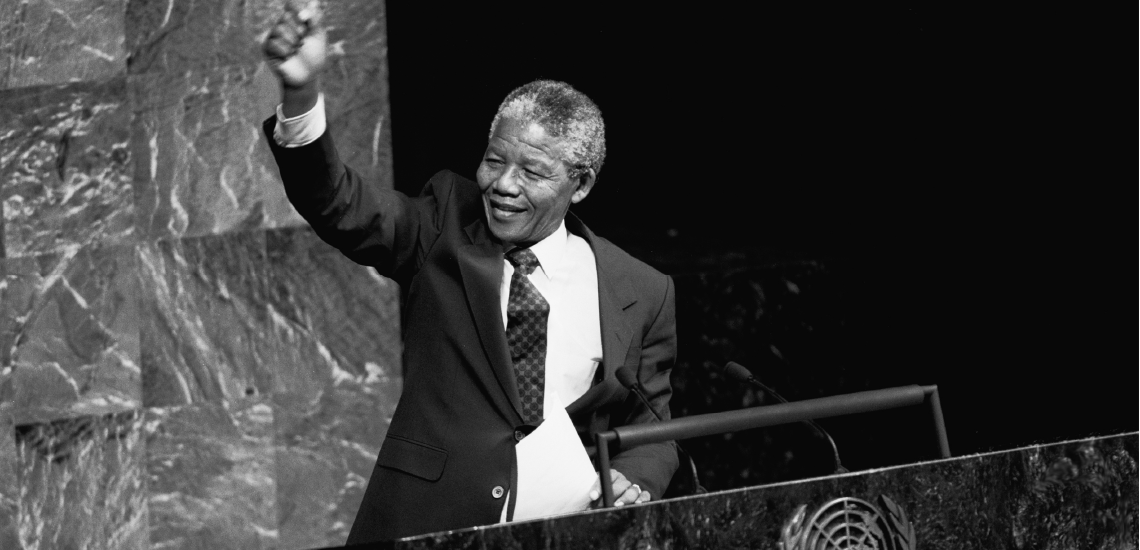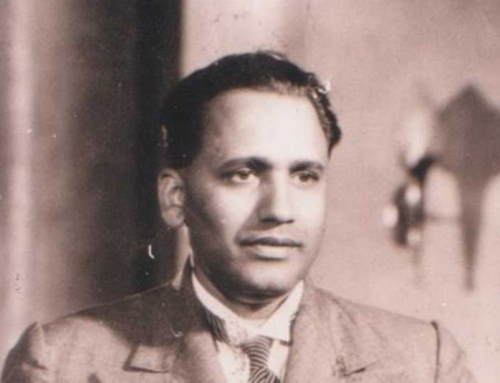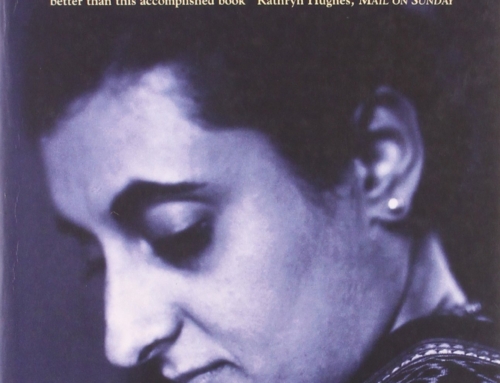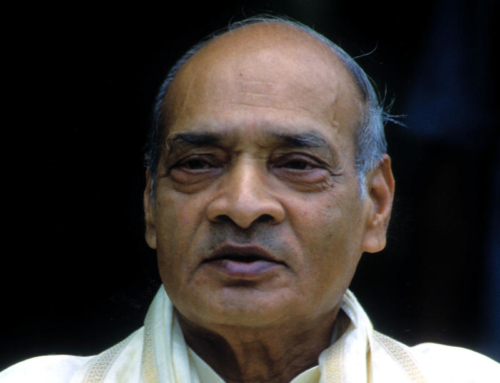It is hard to believe what apartheid was. In 1948, voted in by South Africa’s exclusively white electorate, Daniel Malan’s National Party enacted a slew of laws aimed towards making the meaning of the two Afrikaner slogans ‘Die kaffer op sy plek’ (‘the nigger in his place’) and ‘Die koelies uit die land’ (‘the coolies out of the country’) horrifyingly clear. All South Africans were to be labelled by their race, and each racial group was given separate urban areas, with whites taking the best parts of town. If a nonwhite community resided in an area designated as ‘white’, it was forcibly removed. Sexual relations between whites and nonwhites were made illegal (‘sex with our women’ being a particular concern of all bigots). ‘Coloureds’, or the descendants of different ethnicities, were stripped of their representation in Parliament. Blacks, of course, never had any. The legal rights of sisters and brothers could differ on the basis of their complexions and skin tone. As we learn from this book, in practice, “it was a crime to walk through a Whites Only door, a crime to ride a Whites Only bus, a crime to use a Whites Only drinking fountain, a crime to walk on a Whites Only beach, a crime to be on the streets after 11 p.m., a crime not to have a pass book and a crime to have the wrong signature in that book, a crime to be unemployed and a crime to be employed in the wrong place, a crime to live in certain places and a crime to have no place to live.”
The fact that this descent into complete insanity lasted for over 40 years (without even accounting for the racist system that preceded it) should give pause to anyone wondering about the paranoia around white supremacy. That the African National Congress, a non-racial party brimming with extraordinary men and women, should have emerged from this soul-dimming darkness is a miracle we should always marvel about.
What an honour it is then for us to be given the opportunity to assimilate the wisdom and courage of Mandela, a giant among giants, in his own powerful voice. To read about a childhood spent running through the velds and kraals of the Transkei, to watch his initiation into the supine ANC of the 1940s, to nod approvingly at both his embracing and discarding of satyagraha, to despair at the decades lost in prison, to hold tightly the years won in freedom. The story is told with understated eloquence and startling humility. The predominant feeling I had was hushed wonderment.
Mandela’s awakening came in 1950’s South Africa. While following him around, what pricks are the petty indignities. The lady typist at his law firm who stops him abruptly when someone walks in, to avoid being seen taking dictation from a black man. The white insistence on being called ‘baas’ (or boss). Even the government’s intelligence hound dog is called the Bureau of State Security, or, you guessed it, ‘BOSS’ (that the name of a security agency should reflect so much insecurity…). The judge who scrutinises Mandela’s client’s shoulders to determine if he was coloured or black, since coloureds were supposed to have sloping shoulders (“the course of this man’s life was decided purely on a magistrate’s opinion about the structure of his shoulders”). Being forced to pretend that he is a chauffeur for a baas when his car breaks down, so that the white residents of the area would sell him some petrol. As much as, if not more than the broad swipes through the heart of democracy and the rule of law, I have no doubt that the fire in South Africa was lit by this everyday denial of decency.
The blacks, Indians and coloureds tried petitions. They tried passive resistance. They filled up jails. After each appeal to humanness was slapped away with stronger force, at Mandela’s insistence, they picked up arms. Who can blame them? Mandela’s trial at Rivonia, where he was prosecuted for this very act, is the centrepiece of his life, and this book. Charged with fomenting an armed rebellion, and faced with an almost certain death penalty, Mandela, Sisulu, Mbeki and the rest did not flinch, and it was Nelson who mounted the dock and uttered the following imperishable words, almost asking to be hanged – “I have cherished the ideal of a democratic and free society in which all persons will live together in harmony and with equal opportunities. It is an ideal for which I hope to live for and to see realized. But, My Lord, if it needs to be, it is an ideal for which I am prepared to die.”
Amazingly, no one was put to death, but several, including Mandela got the closest thing to it, a life sentence, and they were packed away to Robben Island, for what turned out to be the greater part of their remaining lives. Gazing at Robben Island from the top of Table Mountain in Cape Town is, I can personally attest, a spellbinding experience. I can only imagine what the sight must have meant for ordinary South Africans at the time. There the old lion spent decades, toiling away in a lime quarry, gardening, writing petitions for fellow prisoners, unpicking the apartheid in prison that would have blacks getting worse food than Indians (and so on, up to the whites), and standing up to power-drunk warders (he insisted on being called “Mr. Mandela”). Since the South Africa he had just escaped so closely resembled a jail, the change in setting does not seem very remarkable to a reader, or, to put it a different way, the music of revolution never stops playing in this book.
After 27 years, when Mandela walked out of prison for good, he built himself a house that was modelled after his last prison cell. Incarceration and independence were the same to him; the militant had become a yogi. He had even forgiven his oppressors (“If I still hated them, they would still have me.”) The book stops short of Mandela’s ascension to the presidency. I prefer this ending, and would rather not dwell on Mandela’s own foreign policy shortcomings, and the worsening standards of South African leaders that followed him, reaching rock bottom with the unspeakable reign of Jacob Zuma. I instead choose to ponder the enchanting view from Table Mountain, and the futility of imprisoning a lightning bolt, and silencing a thunderclap.




